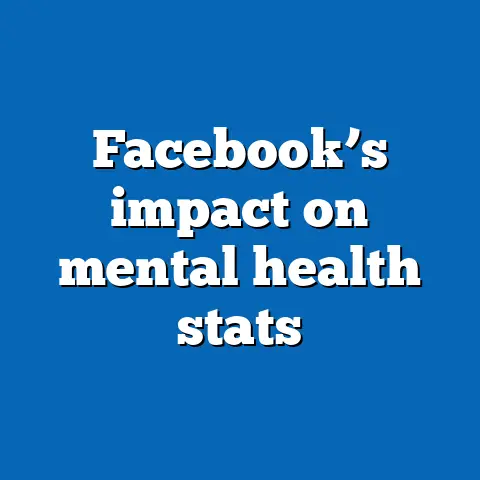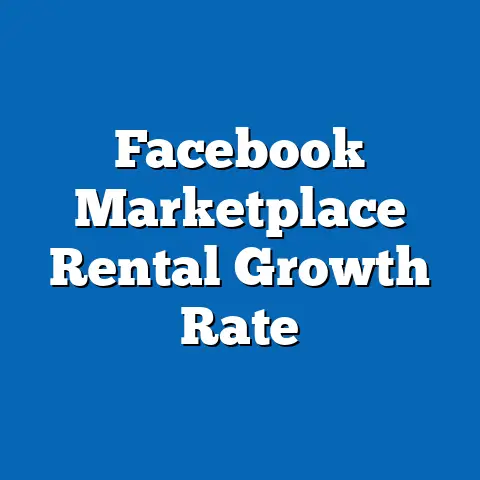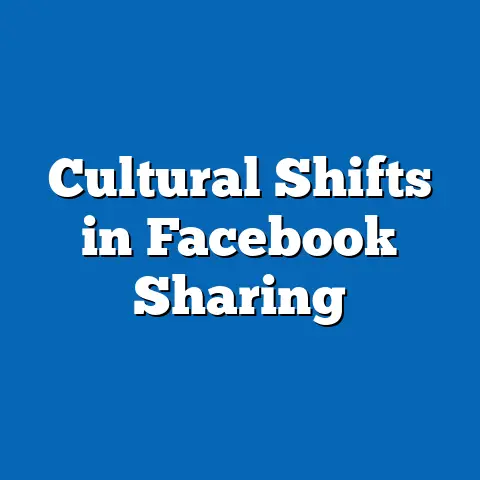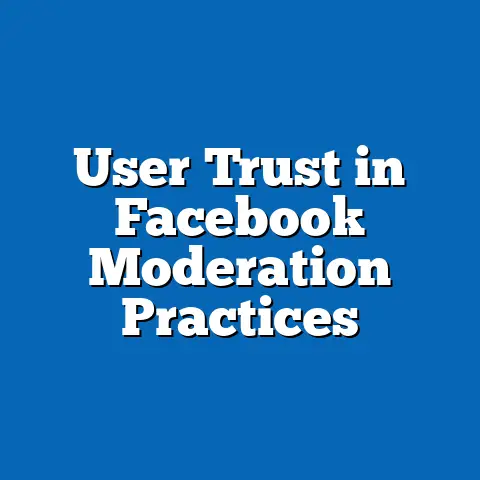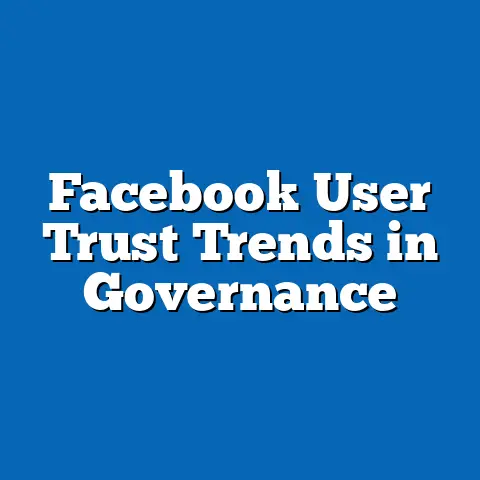Facebook Engagement in Elections
In the realm of digital political engagement, Facebook has achieved a remarkable milestone: as of 2023, it remains one of the most influential platforms for political discourse, with over 2.9 billion monthly active users worldwide, according to Statista. This achievement underscores its unparalleled reach and capacity to shape public opinion, particularly during election cycles. As we approach the 2024 elections—spanning critical contests in the United States, India, and several European nations—Facebook’s role as a battleground for political engagement is more significant than ever.
Facebook’s defining characteristics as a social media platform include its vast user base, algorithmic content delivery, and ability to facilitate both grassroots movements and targeted political advertising. Historically, the platform has been a catalyst for political change since its rise during the 2008 U.S. presidential election, when Barack Obama’s campaign leveraged it to mobilize young voters. Its societal implications are profound, influencing how information is disseminated, how voters are mobilized, and how misinformation can spread, raising critical questions about democracy in the digital age.
Section 1: Generational Definitions and Digital Engagement on Facebook
Generational cohorts—commonly categorized as Baby Boomers (born 1946–1964), Generation X (1965–1980), Millennials (1981–1996), and Generation Z (1997–2012)—each bring distinct values, experiences, and technological aptitudes to their interactions with platforms like Facebook. These differences are shaped by the historical and cultural contexts in which each generation came of age. Understanding these nuances is critical to dissecting their engagement patterns during elections.
Baby Boomers, now aged 60–78, grew up in a post-World War II era marked by economic prosperity and traditional media dominance. While often stereotyped as less tech-savvy, many have adapted to Facebook as a primary source of news and social connection, with a 2023 Pew Research Center study indicating that 70% of U.S. Boomers use the platform. Their engagement often focuses on sharing articles and engaging in community discussions, though they are also more susceptible to misinformation, as noted in studies by the University of Southern California.
Generation X, aged 44–59, straddles the analog and digital eras, having witnessed the advent of the internet in their formative years. They are pragmatic users of technology, often using Facebook for both personal and professional networking. Their political engagement on the platform tends to be more measured, with a focus on fact-checking and skepticism toward viral content, according to a 2022 report by the Knight Foundation.
Millennials, aged 28–43, are digital natives who came of age during the rise of social media. They are highly active on Facebook, though their usage has declined slightly in favor of platforms like Instagram and TikTok, per a 2023 eMarketer survey. Politically, Millennials often use the platform to advocate for social issues, with many participating in online petitions and organizing events during election seasons.
Generation Z, aged 12–27, represents the most digitally immersed cohort, having grown up with smartphones and social media as constants. While their Facebook usage is lower compared to older generations—only 32% use it regularly, per Pew Research—they are highly engaged in political activism through short-form content and viral campaigns. Their approach to elections on social media often prioritizes authenticity and visual storytelling over traditional text-based posts.
These generational differences highlight the diversity of engagement on Facebook, underscoring the need for tailored political strategies in 2024. Campaigns must navigate varying levels of trust, technological fluency, and content preferences to effectively reach each cohort.
Section 2: Historical Context of Facebook in Elections
Facebook’s role in elections has evolved dramatically since its inception in 2004. Initially a niche platform for college students, it became a political tool during the 2008 U.S. presidential election, when Obama’s campaign used it to build a grassroots movement, raising millions in small donations and mobilizing young voters. This marked a turning point, demonstrating the platform’s potential to democratize political engagement.
The 2012 and 2016 U.S. elections further solidified Facebook’s influence, with campaigns investing heavily in targeted ads. However, the 2016 election also exposed the platform’s darker side, as the Cambridge Analytica scandal revealed how user data was exploited to manipulate voter behavior. This event, coupled with the spread of misinformation during the Brexit referendum, sparked global debates about Facebook’s role in democracy.
In response, Facebook implemented stricter ad transparency rules and fact-checking initiatives ahead of the 2020 U.S. election. Despite these efforts, challenges persisted, with polarized content and echo chambers amplifying division. The platform’s algorithms, designed to maximize engagement, often prioritized sensationalist content over factual reporting, as noted in a 2021 study by New York University’s Center for Social Media and Politics.
As we approach 2024, this historical context informs current strategies and concerns. Elections in major democracies like the U.S., India (the world’s largest democracy with over 900 million eligible voters), and the European Union will test Facebook’s ability to balance free expression with the prevention of misinformation and foreign interference.
Section 3: Technological and Algorithmic Influences on Engagement
Facebook’s algorithms play a pivotal role in shaping political engagement, determining which content users see based on their past interactions, interests, and network. This personalization can create echo chambers, where users are exposed primarily to content that reinforces their existing beliefs. A 2022 study by the MIT Sloan School of Management found that algorithmic amplification of polarizing content increased user engagement by 38% during the 2020 U.S. election cycle.
For 2024, the implications are significant. Political campaigns can exploit these algorithms through microtargeting—delivering tailored ads to specific demographics based on data like location, age, and interests. While this can enhance voter outreach, it also raises ethical concerns about manipulation and privacy, especially among less digitally literate generations like Baby Boomers.
Moreover, the rise of generative AI and deepfake technology poses new challenges. A 2023 report by the World Economic Forum highlighted the potential for AI-generated misinformation to spread rapidly on platforms like Facebook, influencing voter perceptions. Younger generations, particularly Gen Z, may be more adept at identifying such content, but older users remain vulnerable.
Facebook has pledged to combat these issues through enhanced content moderation and partnerships with fact-checkers. However, the scale of the platform—handling billions of posts daily—makes comprehensive oversight difficult, as acknowledged by Meta’s own transparency reports.
Section 4: Economic and Social Factors Shaping Engagement
Economic and social conditions also influence how generations engage with Facebook during elections. In 2024, global economic uncertainty—stemming from inflation, post-COVID recovery, and geopolitical tensions—has heightened political stakes. For instance, in the U.S., issues like healthcare costs and student debt resonate strongly with Millennials and Gen Z, driving their online activism on platforms like Facebook.
Socially, the increasing polarization of political discourse has transformed Facebook into a battleground for ideological debates. Baby Boomers and Gen X often engage in heated comment threads, reflecting deep-seated partisan divides, while younger users gravitate toward community-driven initiatives and hashtag campaigns. A 2023 survey by the American Psychological Association found that 62% of social media users, across generations, reported stress from political content on platforms like Facebook.
Cultural factors further complicate engagement patterns. In India, where the 2024 general election will see massive digital campaigning, Facebook’s role as a primary news source for rural and urban voters alike—over 400 million users, per Statista—amplifies its influence. However, linguistic diversity and varying levels of digital literacy across generations create disparities in how political content is consumed and shared.
Section 5: Generational Comparisons in Political Engagement
Comparing generational engagement on Facebook reveals both overlaps and stark contrasts. Baby Boomers, with their reliance on the platform for news, are more likely to share articles and engage in local political groups. However, their susceptibility to misinformation—often due to lower digital literacy—poses challenges for accurate voter education, as highlighted in a 2022 study by the Annenberg Public Policy Center.
Generation X, while active, tends to adopt a more critical stance, often cross-referencing information before sharing. Their engagement is less emotionally driven compared to younger cohorts, focusing instead on practical issues like economic policy. This aligns with their historical context of growing up during economic shifts like the dot-com bubble.
Millennials, shaped by events like the 2008 financial crisis and the Arab Spring, use Facebook as a platform for advocacy. They are more likely to join cause-driven groups and participate in online fundraisers for candidates, per a 2023 report by the Center for Information and Research on Civic Learning and Engagement (CIRCLE). Their engagement often bridges personal values and political action.
Generation Z, while less active on Facebook compared to TikTok or Instagram, brings a unique perspective shaped by climate crises and social justice movements. Their political content often prioritizes visual impact—think memes and infographics—making their engagement more viral but less sustained. A 2023 Pew study noted that Gen Z users are also more likely to call out misinformation publicly, reflecting a generational emphasis on accountability.
These comparisons underscore the importance of avoiding broad generalizations. Within each generation, factors like education, income, and geographic location create diverse engagement patterns, necessitating a granular approach to campaign strategies.
Section 6: Societal and Workplace Implications
The role of Facebook in 2024 elections extends beyond individual engagement to broader societal impacts. One key concern is the platform’s contribution to polarization, as algorithmic echo chambers deepen divisions. A 2022 study by the University of Southern California found that exposure to partisan content on Facebook increased ideological hostility by 15% among users across all generations.
In the workplace, political discussions fueled by social media can create tension, particularly in diverse teams spanning multiple generations. HR experts, such as those cited in a 2023 Harvard Business Review article, note that younger employees (Millennials and Gen Z) often feel compelled to voice political opinions online, while older workers may prefer to keep such views private. This generational divide can impact team cohesion during election seasons.
Moreover, Facebook’s influence on voter turnout has significant democratic implications. While the platform has historically boosted turnout among younger voters—Obama’s 2008 campaign saw a 6% increase in youth participation, per CIRCLE—it also risks alienating users through ad fatigue or perceived bias in content moderation. Balancing these dynamics will be crucial for 2024.
Section 7: Quantitative Insights and Expert Perspectives
Data offers critical insights into Facebook’s role in elections. A 2023 Statista report indicates that 65% of U.S. adults use Facebook as a source of political news, with usage highest among Baby Boomers (78%) and lowest among Gen Z (41%). Globally, political ad spending on the platform is projected to exceed $2 billion in 2024, per eMarketer, reflecting its commercial and political significance.
Experts also weigh in on these trends. Dr. Shannon McGregor, a political communication scholar at UNC Chapel Hill, argues that “Facebook remains a double-edged sword in elections—its reach is unmatched, but its algorithms often prioritize engagement over accuracy.” Meanwhile, tech policy analyst Sarah Myers West cautions that “without robust regulation, the platform’s influence on 2024 elections could undermine democratic trust, especially among vulnerable demographics.”
These perspectives highlight the complexity of managing Facebook’s role. While its potential to mobilize voters is undeniable, the risks of misinformation and polarization remain pressing concerns.
Section 8: Forward-Looking Insights and Uncertainties
Looking ahead to 2024, several trends and uncertainties shape the outlook for Facebook engagement in elections. The platform’s ongoing efforts to combat misinformation—such as labeling false content and reducing the visibility of unverified posts—may mitigate some risks, but their effectiveness remains to be seen. Generational shifts in platform usage, with Gen Z gravitating toward newer apps, could also alter Facebook’s dominance in future cycles.
Technological advancements, particularly in AI, will likely intensify both opportunities and challenges. Campaigns may harness AI for hyper-personalized messaging, while regulators and platforms struggle to address synthetic content. How generations adapt to these changes—whether through increased skepticism or digital fatigue—will be a key area of study.
Economically and socially, the outcomes of 2024 elections will reflect broader global tensions, from economic inequality to climate crises. Facebook, as a mirror of these issues, will amplify debates across generational lines, potentially reshaping political landscapes. Yet, the platform’s ultimate impact on voter behavior and democratic integrity remains uncertain, contingent on user trust and regulatory frameworks.
Conclusion: Navigating a Digital Electoral Landscape
Facebook’s engagement in the 2024 elections represents a critical intersection of technology, generational dynamics, and democracy. From Baby Boomers sharing news articles to Gen Z crafting viral campaigns, the platform’s influence spans diverse cohorts, each shaped by unique historical and cultural contexts. Its ability to mobilize voters and disseminate information is matched by risks of polarization and misinformation, posing challenges for societies worldwide.
As we move forward, stakeholders—campaigns, regulators, and users—must prioritize digital literacy, transparency, and ethical content practices to harness Facebook’s potential while mitigating its pitfalls. The 2024 elections will serve as a litmus test for the platform’s role in democracy, offering lessons for future cycles in an ever-evolving digital landscape. While uncertainties abound, one thing is clear: understanding and addressing generational differences in engagement will be key to fostering informed, inclusive political discourse.

